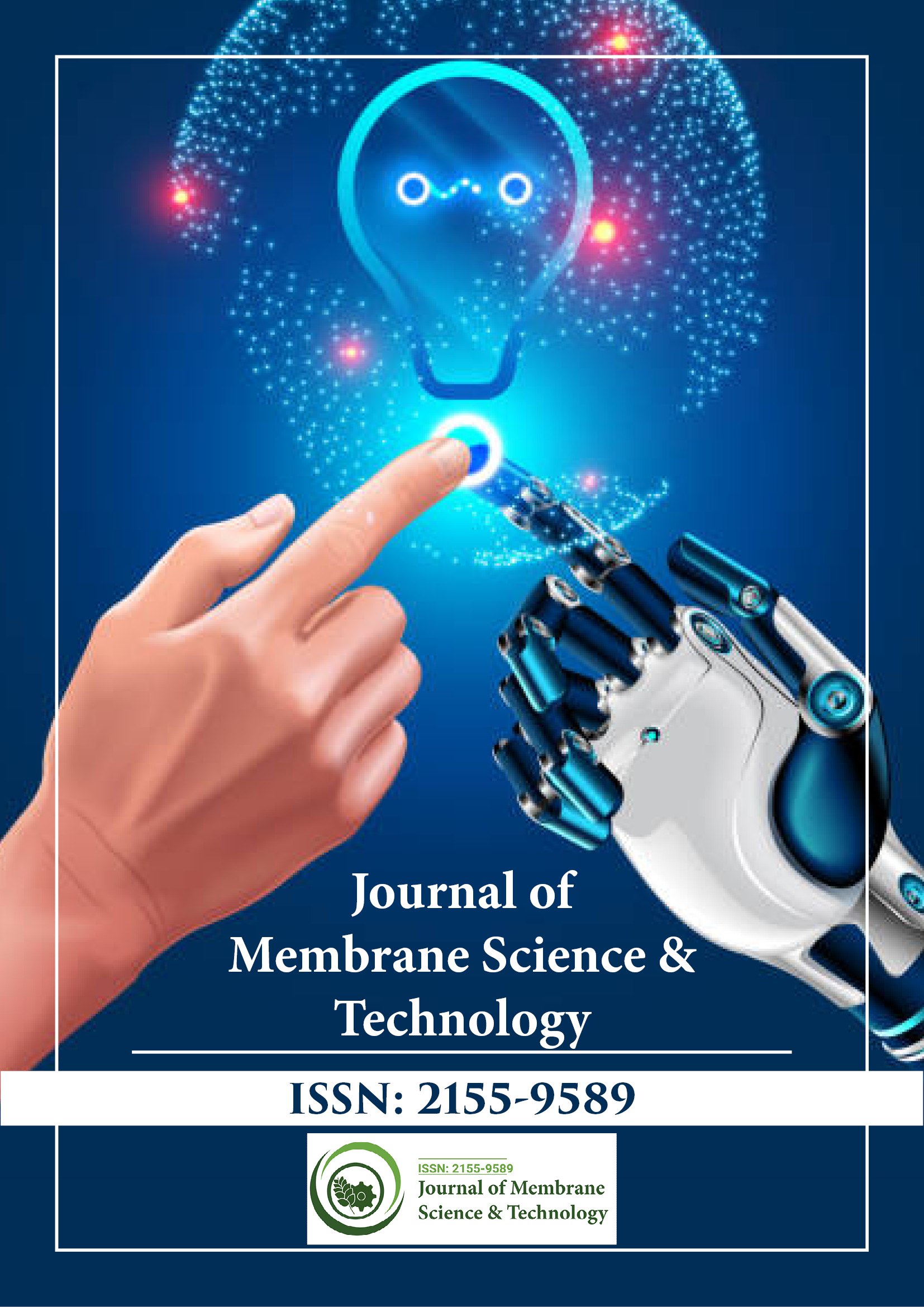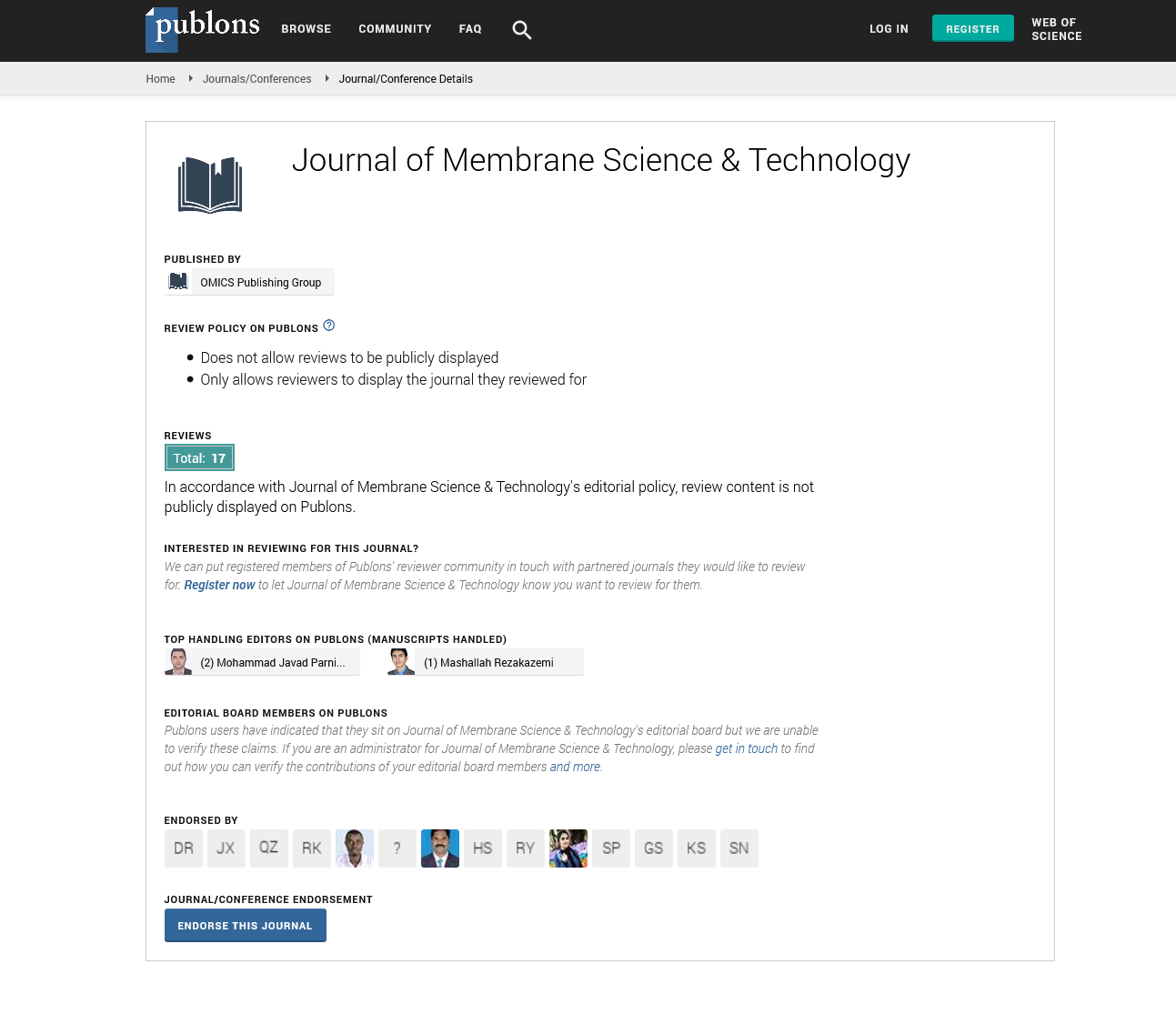Indexed In
- Open J Gate
- Genamics JournalSeek
- Ulrich's Periodicals Directory
- RefSeek
- Directory of Research Journal Indexing (DRJI)
- Hamdard University
- EBSCO A-Z
- OCLC- WorldCat
- Proquest Summons
- Scholarsteer
- Publons
- Geneva Foundation for Medical Education and Research
- Euro Pub
- Google Scholar
Useful Links
Share This Page
Journal Flyer

Open Access Journals
- Agri and Aquaculture
- Biochemistry
- Bioinformatics & Systems Biology
- Business & Management
- Chemistry
- Clinical Sciences
- Engineering
- Food & Nutrition
- General Science
- Genetics & Molecular Biology
- Immunology & Microbiology
- Medical Sciences
- Neuroscience & Psychology
- Nursing & Health Care
- Pharmaceutical Sciences
Abstract
Permeability Enhancement Approach for Dexamethasone using Niosomal Gel for Treating Keloids
Sivaranjani Devendiran* and Veintramuthu Sankar
Background: Niosome are surfactant based vesicular drug delivery system that improves the residence time of drugs by overcoming the inherent anatomical barrier. Dexamethasone is used as an intralesional injection for treating keloids, which is formulated as niosomal gel for the inhibition of keloid fibroblast. This study aimed to formulate the Dexamethasone niosome suspension and the suspension was incorporated into the gel. Niosomal suspension of Dexamethasone was formulated by thin-film hydration method using Tween 20, Span 60, and Tween 80. Tween 80 niosome formulation was optimized using Design of Expert software (DOE). Optimized niosome were characterized for particle size, zeta potential, Atomic Force Microscopy (AFM), entrapment efficiency, in vitro release, cell proliferation studies, and cell permeation studies. The optimized tween 80 formulation was incorporated into the carbopol gel base and evaluated.
Results: The desirable quantity of tween 80 was 86.2 μM and cholesterol was 38.9 μM. Spherical shaped vesicle with particle size of tween 80 suspension was 498.1 ± 1.1710 nm, entrapment efficiency was 85.2% ± 2.851, and in vitro release was 96.5% ± 2.88 at the end of 6 hr. Cell proliferation studies were performed to confirm the anti-keloid activities using MTT assay which decreased the cell viability in the range between 49% to 58%. Cell permeability studies were performed using Caco-2 cells showed a low Trans Epithelial Electrical Resistance (TEER) value after 2 hr treatment indicating more permeation than the drug solution.
Conclusion: The results confirm niosomal gel with Tween 80 enhances the skin permeation of Dexamethasone.
Published Date: 2022-06-13; Received Date: 2022-05-10

